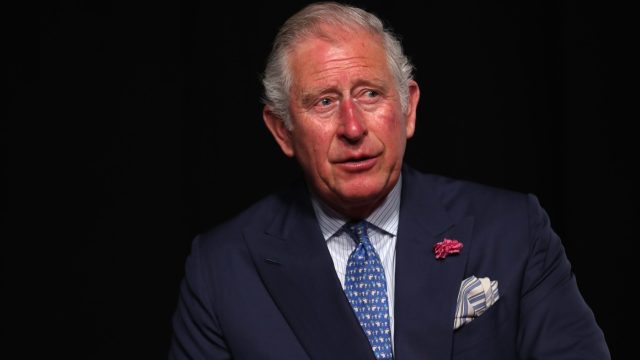
The news that King Charles has been diagnosed with a form of cancer has put the disease at the centre of a national conversation.
One in two people will develop cancer during their lifetime, so even those of us who avoid the disease will know someone less fortunate.
But speaking to someone who has cancer can be a challenging and uncomfortable experience, as we try to say the right things and avoid saying the wrong things.
Offer specific help
Instead of asking the person with cancer to let you know if there’s anything they need, most people agree that it’s better to proactively offer specific forms of assistance. For instance, you could suggest that you could cook meals, run errands, or help with childcare. “By being specific they may be more specific in return,” wrote Deborah Ross in The Times.
A good way of doing this is to ask open-ended questions such as “What errands can I take off your plate this week?” or “How do you need to be supported right now?”, said Dr Lisa Stewart, a clinical psychologist at the University of North Carolina at Chapel Hill, in Parade.
Listen and be empathic
“If someone with a cancer diagnosis is talking you through their fears or side effects, that is not your cue to dive in and start suggesting things they should be doing,” wrote Rosamund Dean, on the i news site. “What they need is for you to listen, and just listen.”
Writing in the London Evening Standard, Lucy King, who was diagnosed with metastatic colorectal cancer in 2020, recalled a friend who held her hand and asked how the bad news had made her feel. “It meant a lot,” she said.
Don’t say ‘everything will be fine’
“If you are interested in not being a total idiot,” said Ross, “there are certain things you should probably not say.” One of these is telling the person everything will be fine because while it can be tempting to offer hope, mindless positivity is rarely helpful.
“Try not to say that everything will be fine or encourage them to be positive,” said Macmillan, the cancer charity, because “it can sound as if you are not listening to their worries”. Instead, it “is better to let people speak honestly about their feelings”.
Don’t recommend ‘miracle cures’
Sometimes people want to recommend an alternative cure or treatment, but this might be best avoided. “I found it unhelpful when people recommended so-called miracle cancer cures,” wrote Vicky Deacon, who was diagnosed with stage 3 breast cancer in 2020, in Good Housekeeping.
“Don’t imagine for a moment that they, or someone in the family, hasn’t googled the s**t out of every single option out there,” said Ross. “I beg you to bite your tongue – hard – if you are going to recommend against prescribed treatments.”
Check in regularly
Cancer is a long journey with many ups and downs, so regular check-ins show that your support isn’t just a one-off. Cancer Research UK said that you “offer support throughout the whole diagnosis – at the beginning, during and after treatment”.
Something is better than nothing
The fear of saying the wrong thing can lead some people to avoid the subject or to avoid the person altogether. But it’s about the victim, not you, so “say if you feel awkward”, said Cancer Research UK, because “it acknowledges the situation rather than pretending it’s not happening”.
Many people with cancer say that it’s better to speak imperfectly than to say nothing at all. King wrote that “saying something is always better than saying nothing”. She added that once a friend or family member has told you about their diagnosis, “one big rule” is that you don’t avoid the subject, and don’t leave them to reach out to you.
Saying something is better than nothing but there are some things to avoid too






